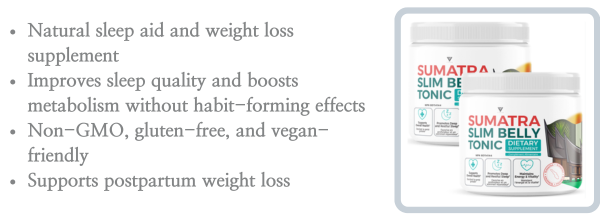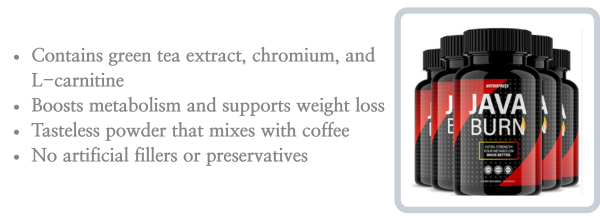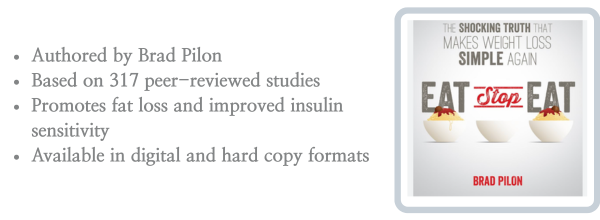
It’s late. You’re tired. You’ve had dinner, maybe even dessert. But somehow, here you are—standing in front of the fridge again, looking for “just one more thing.”
Sound familiar? You’re definitely not the only one.
Late-night cravings are a lot more common than we think, and they’re usually not about actual hunger. Sometimes it’s boredom. Sometimes it’s stress. And sometimes? It’s just habit. That quiet hour at the end of the day when the world finally slows down—it’s when a lot of us start to reach for something comforting.

It’s Not Always Hunger—Here’s What Might Be Going On
Let’s be honest: late-night cravings rarely have anything to do with your body needing fuel. Most of the time, it’s your brain asking for a break. After a long, exhausting day, your willpower runs low. You want comfort, not calories.
And what do we crave? Not kale. Not carrots. It’s the cookies, the chips, the leftover pasta—the kind of stuff that hits the emotional sweet spot. You know it’s not necessary, but it still sounds like the best idea ever.
There’s also the blood sugar angle. If you skipped a proper lunch, grazed all day, or didn’t eat enough protein, your body may actually be out of balance by the evening. Plus, if you’re running on little sleep, your brain starts sending mixed signals—it thinks you’re tired and hungry, even if you’re really just… tired.
What Helps (That Doesn’t Involve Just Saying No)
Let’s skip the guilt and go straight to the useful stuff. Here are some small shifts that actually help tame nighttime cravings—without making you feel like you’re punishing yourself.
1. Build a Stronger Daytime Routine
Eat real meals. Seriously. When you get enough protein, fiber, and healthy fats during the day, your body doesn’t go into panic mode at 10 PM. I noticed a huge difference just by eating a proper lunch.
2. Make Night Snacks Less of a Drama
If you’re going to snack, make it easy and intentional. A few almonds, some Greek yogurt, a piece of fruit—something satisfying, but not a sugar bomb. Having one go-to option helps take the mental back-and-forth out of it.
3. Close the Kitchen (In Your Head)
Weirdly, rituals work. Brushing your teeth right after dinner, making a cup of tea, or even dimming the lights—these things can signal to your brain that eating time is over. One friend of mine swears by flossing early. Whatever works.
4. Pause Before You Grab
Next time you wander to the fridge, ask: “Am I really hungry, or just tired? Lonely? Stressed?” It’s a simple check-in, but it can stop a lot of mindless snacking in its tracks. Sometimes a deep breath and a glass of water is all it takes.

The Bottom Line
Nighttime cravings aren’t about weakness. They’re about being human. Life is busy, your days are full, and by the time evening hits, you want something that feels like a reward. That’s okay. But when it turns into a habit that messes with your sleep or makes you feel off the next day, it’s worth giving it a closer look.
Be kind to yourself. Eat well during the day. Set yourself up with better options. And most of all—listen to what your body’s really asking for. Sometimes it’s a snack… and sometimes it’s just rest.
Sources
-
7 Easy Ways to Curb Your Nighttime Snack Cravings – Virtua
-
19 Terrific Ways to Stop Food Cravings; Science-Backed!
-
Nighttime Overeating: Managing Cravings – Psychology Today
Today’s related searches: how to stop food cravings at night, how to curb late night cravings, healthy late night snacks, ways to stop eating late at night, science backed ways to stop nighttime eating, how to prevent feeling hungry before bed, foods that help you sleep better, protein meals to reduce cravings, intuitive eating to stop night snacking, high protein snacks for nighttime hunger
Each offers exceptional value and is designed to support your health in meaningful ways


